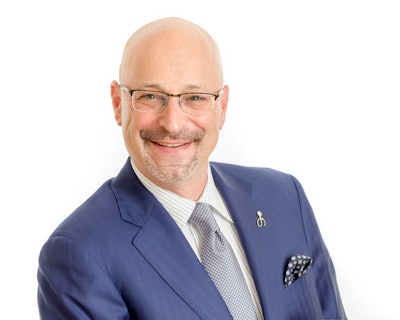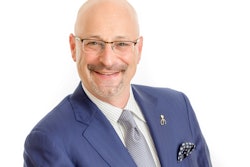
A sales culture means that every single employee is in sales. Does this mean that all employees have to stop what they are doing and make some cold calls? Not at all. A sales culture simply means that all employees—regardless of title or tenure—understand that they have a profound impact on a customer’s decision to say “yes.”
Every conversation or interaction an employee has with a client or prospective client is a bona-fide selling moment. A person has about 7-10 seconds to engage someone in a way that makes that someone want to know more or continue the conversation. When you think about that, it's easy to understand how one is constantly selling him or herself.
Getting your team on board
As a company owner or manager, it's important to recognize that telling people they are in sales usually provokes one of two reactions, the first being “Yep, I agree,” and the second being “Nope, not me—I'm not in sales!” It is also a fact that some "non-professional salespeople" will vehemently deny this entire concept because they fear being expected to sell.
"If you present this as something additional the employee must do, it will often scare the employee," says Todd Cohen, a certified sales professional (CSP). "If you tell some types of employees that they are going to have to sell, they might also feel a bit icky or funny; after all, they are not professional salespeople. It's important to point out that sales is simply a common thread of every conversation we have. Selling is informing, educating, handling objections, and simply listening."
Cohen offers the following example. A customer walks into a dealership and wants to know the difference between Leaf Blower A and Leaf Blower B. "An employee taking 10 minutes to explain the difference, that is selling," Cohen points out.
Now here is where the rubber often meets the road. "Never be a sales apologist," Cohen warns. "If you did your job well—i.e. took time to educate the client or developed a great proposal—you've earned the right to ask for something. This is where things often get missed. Non-professional salespeople will often say, 'Well just let us know if you're interested.' Non-professional salespeople will often feel funny asking for something. But they shouldn't."
So what should they ask for, and how should they go about asking for it?
Some great advice for non-professional salespeople is to just relax, be natural and listen to their target buyer. "If you get too wrapped up in thinking too much about what you're doing, then you will likely have some big challenges," Cohen explains. Listen, ask questions and see how you can help. Have your facts ready and make sure they are right. Facts help the selling process for everyone.
"Every conversation should have a call to action that ultimately results in something," Cohen says. For example, let's say a client calls your business and expresses an interest in your products or services. Your receptionist is courteous and professional, hears the prospective client out, answers questions, etc. But it can't end there. The receptionist has now earned the right to say something like, "Thank you so much for calling today. I'm actually looking at so-and-so's calendar and it looks like he is free Wednesday afternoon. Should I set up a meeting between the two of you?" When the receptionist has adopted this "always selling" mindset, doing this type of thing almost becomes second nature.
"Good customer service is critically important, but is merely a subset of a broader sales culture," Cohen says. "Organizations should definitely provide customer service training for their employees. But organizations should go even further and look at ways of providing training on how to capitalize on conversations. It's about becoming proactive in sales, as opposed to reactive."
Todd Cohen, CSP, is an accomplished and sought-after speaker, sales culture expert and author of "Everyone’s in Sales; Stop Apologizing." Todd’s dynamic and motivational presentations are based on the foundation that regardless of career path or position, everyone is a salesperson. Since 1984, Todd has led sales teams to deliver more than $850 million in revenue for leading companies including Xerox and Thomson-Reuters. For more information or to book Todd Cohen for your next meeting, visit ToddCohen.com.




















